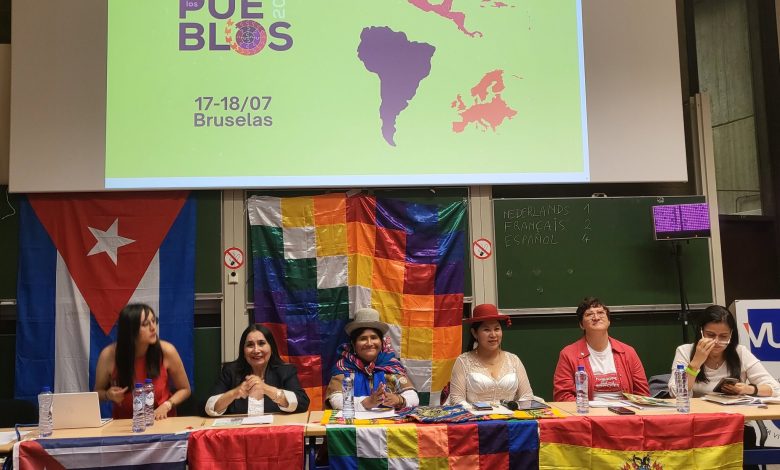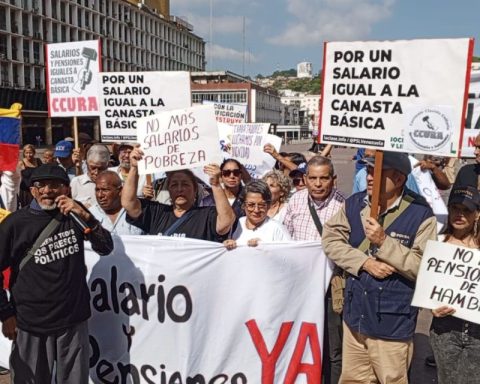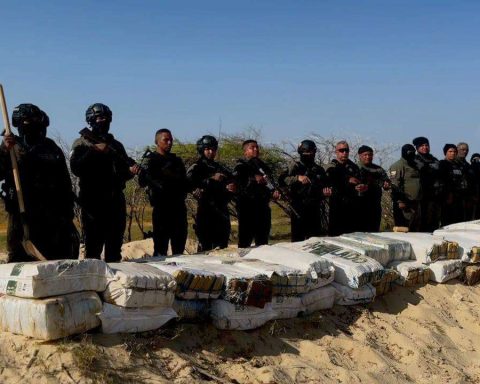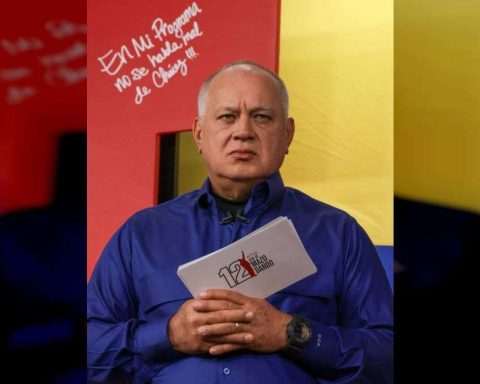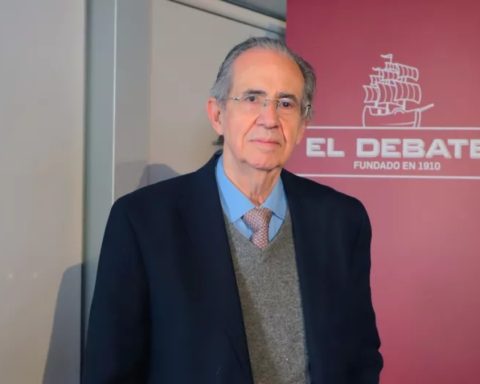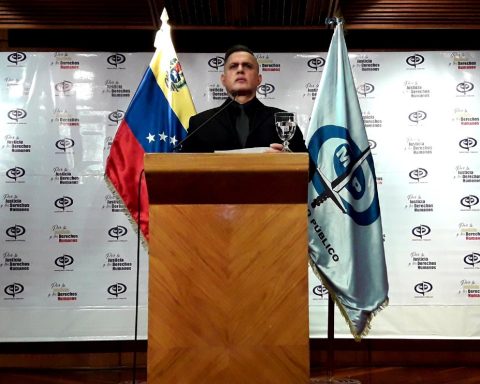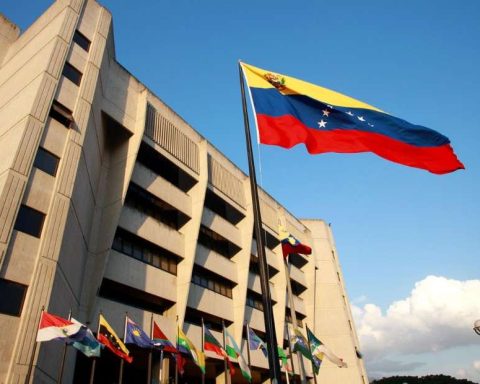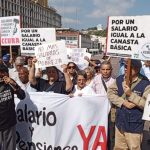The Final Declaration of the The People’s Summit rejects the “illegal policy of sanctions and Unilateral Coercive Measures imposed by the United States against the Bolivarian Republic of Venezuela and the Republic of Nicaragua.”
This is outlined in the second point of the declaration, denouncing that the sanctions constitute an “inhuman and criminal blockade” of the economies and peoples of both countries.
Similarly, the People’s Summit repudiates the policy of the European Union (EU) to endorse, and in some cases, replicate US sanctions against Venezuela and Nicaragua.
In this sense, the Government of the United States (USA) was urged to completely, immediately and unconditionally repeal all measures that affect the full enjoyment of human rights of the Latin American and Caribbean Peoples, including the realization of their right to development. and search for well-being.
On the other hand, the final document condemns the kidnapping and arbitrary detention of diplomat Alex Saab, by the US government, when he was carrying out humanitarian work abroad to obtain medicine and food “to lessen the criminal impact of the Unilateral Coercive Measuresin the Venezuelan people”, for which they demand their immediate release”.
People’s Summit outlines a roadmap
The different social movements and left-wing parties in Europe and Latin America that participated for two days in the deliberations of the People’s Summit, held in Brussels, Belgium, maintain that this meeting “will serve as a boost to popular struggles.”
In this sense, draw up as a road map to promote a campaign of denunciation against the blockades and Coercive Measures suffered by many States around the World at the hands of imperialism and, specifically, those suffered in a special way by Cuba, Venezuela and Nicaragua that they must end immediately.
“In this sense, we denounce the use of the EU Parliament as an instrument at the service of these attacks,” they add.
They also demand the cessation of unilateral sanctions because “they constitute a clear interference in the internal affairs of these States.”
